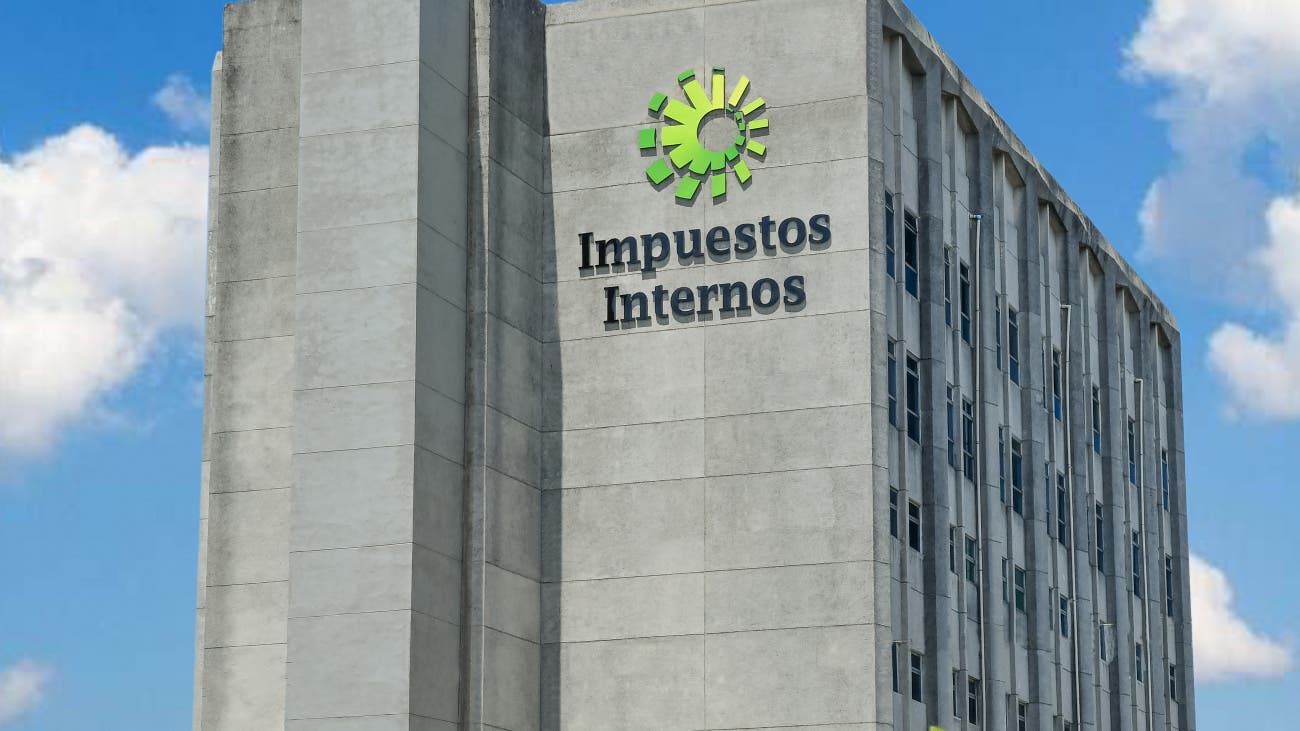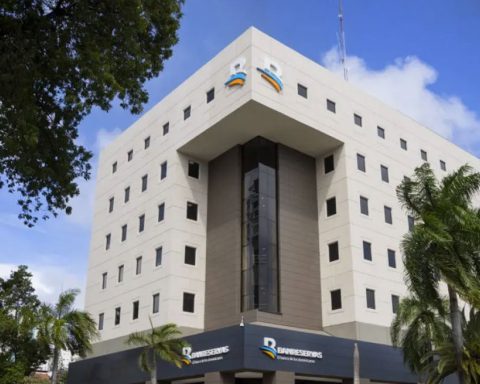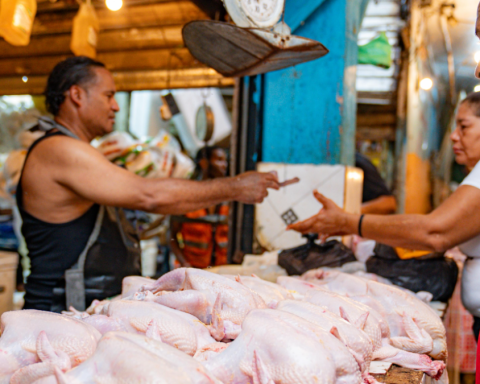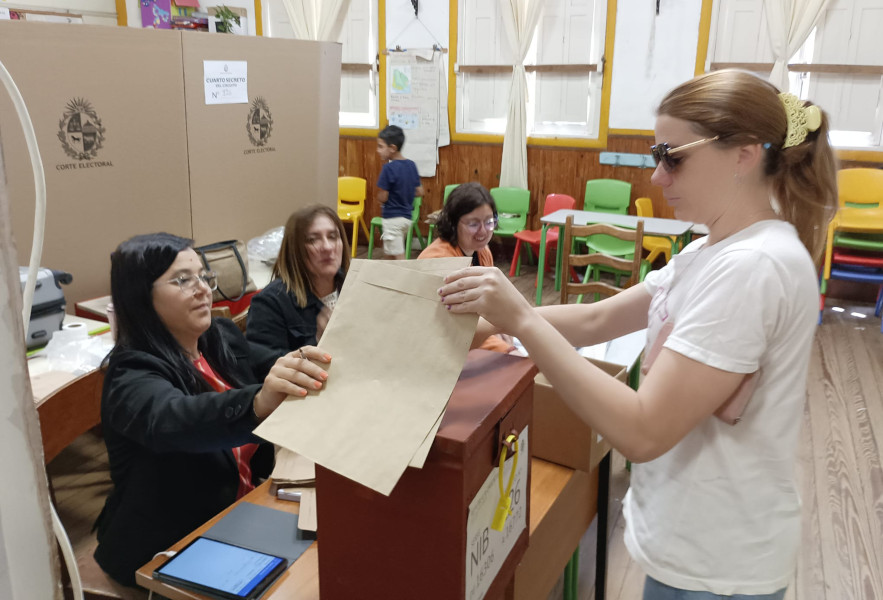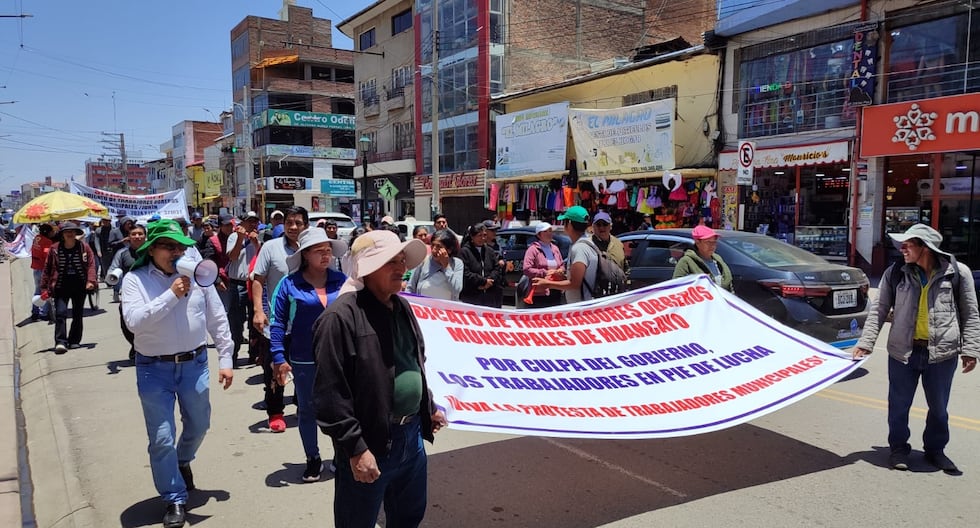This new law would allow the DGII to collect about 200 billion pesos per year by coercive collection from legal entities that have tax debt.
With the aim of making tax collection more efficient, especially for those legal entities or companies that have debts or defaults in their tax payments, the General Directorate of Internal Taxes (DGII) published a notice calling on taxpayers to register those responsible. compliance with tax obligations.
This notice was published on Friday the 25th in different media, as established by the provisions contained in literal “J” of article 3 of law 25-24, which modifies article 11 of Law 11-92, of the Tax Code.
The deputy legal director of the DGII, Yorlin Vazquezexplained that this law was published in June 2024 and corrects the limitations that existed on the scope of the responsibility of the tax obligation.
Vázquez explained now before the DGII, it must be clearly established who is the person with joint liability, which is as if he were the guarantor of the company before the DGII in its tax obligations and is the one to whom the DGII must turn in case of fraud, negligence, tax non-compliance or failures in the company’s duties.
Although he clarified that in the case of collecting debts, the directors, managers or administrators who are responsible for the companies are first contacted.
He revealed that this law would allow the DGII to collect some 200 billion pesos a year for coercive collection from legal entities that have tax debt.
Vázquez argued that 85% of the resources collected by the State are through voluntary compliance and the rest 25% is through coercive collection, that is, charging the debtors, without the need to go to the judicial authorities. For the latter it is possible to collect up to RD$200 billion.
He highlighted that now the law expressly incorporates the partner also as jointly liable due to his shareholding.
